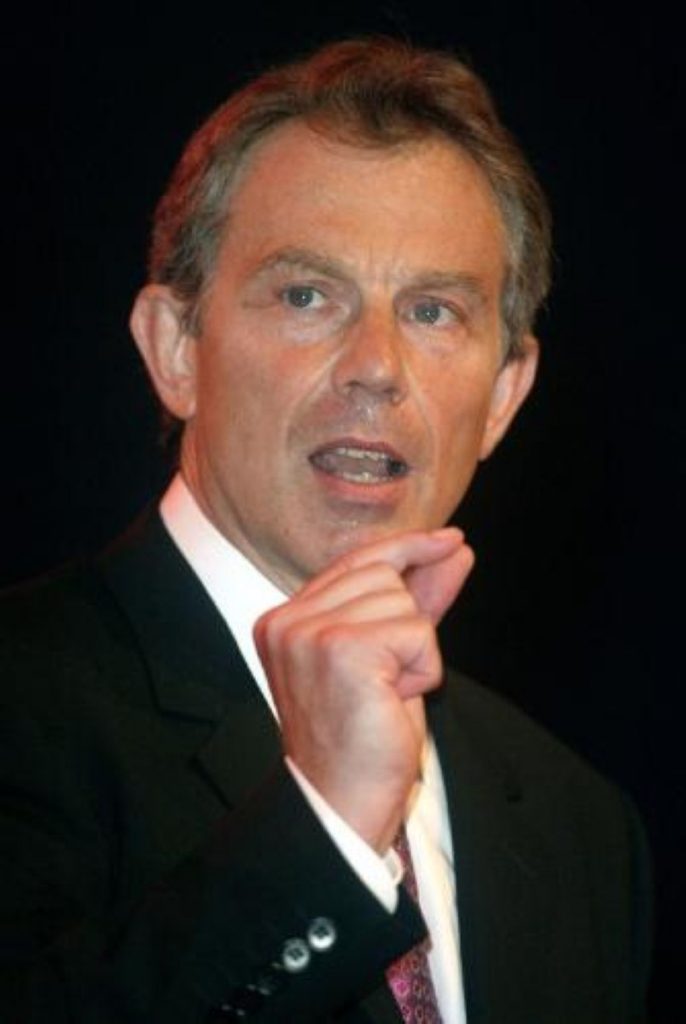Blair: Equality of opportunity is not enough
Equality of opportunity is not enough for a truly progressive society, the Prime Minister said today.
Setting out the key philosophies behind the next general election campaign, Tony Blair told an audience at Napier University in Edinburgh that: “What is holding so many young people back is not lack of ability, but lack of aspiration – and a view of education which is negative not positive, because the aspiration is not there to start with.”
He stressed that: “‘Equality of opportunity’ is simply not enough when large numbers are not motivated to take the opportunities formally on offer”.
A “more radical approach” was needed, Mr Blair argued, and the belief that: “Every young person not only can succeed at school, but should succeed at school – and go on to further education or skill training in a job beyond. It is a social failure if this does not happen, and we should be blunt in saying so.


“An expansion of opportunity has to be matched by a transformation of aspirations, by higher educational standards, and by a sustained increase in both the quality and quantity of education on offer.”
The Prime Minister said that giving people greater choice of public services was the key to reducing apathy and ensuring a “different relationship” between the state and the citizen.
“This shift in the role of Government towards empowerment of the individual has profound implications. Properly understood and developed, it has the capability of staking out a new middle ground, a consensus around which progressive politics, thoroughly modernised, can prosper.”
Government should not try to solve all its citizens’ problems, but must provide greater opportunities for all of them to succeed, he said.
“They no longer want or expect the Government to solve all their problems. They want the means in their own hands to lead their own lives, make their own choices and develop their potential.”
Mr Blair said many people were held back not by lack of ability but by a lack of aspiration, and that culture had to be transformed.
“People aren’t disengaged. They feel disempowered. [But] they no longer want or expect Government to “solve” all their problems. They want the means in their hands to lead their own lives, make their own choices, develop their own potential.”
Indicating that there would be no retreat on the choice agenda, he said that public services should copy the business world, where mass production had been replaced by a direct connection with the individual needs of the individual customer.
Mr Blair also said taxpayer-funded services must not dictate to citizens.
“As for taxpayer funded services, they want public services that are no longer monolithic in their provision but diverse; no longer dictate to their users but give them power and choice over the service; no longer hidebound by rigid demarcations but with staff that work flexibly and have the real chance for professional development.”
However, this increasing flexibility and personalisation did not mean the State would not “retreat from the scene” as some on the Right would like, he said.
“In most cases that is not what people want or need. Globalisation, new patterns of migration, new technology: all of it brings insecurity in its wake. People don’t want a minimalist state,” he said.

